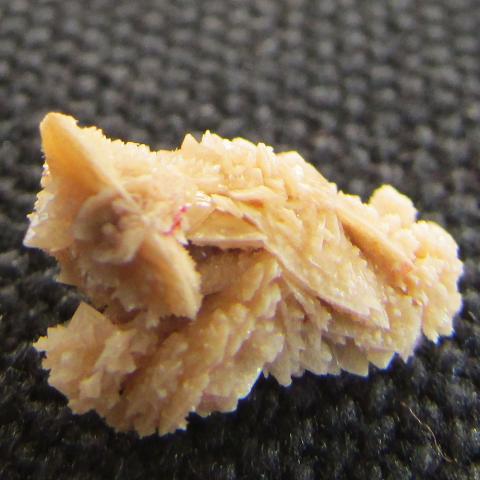
Every person’s urine contains chemicals that are normally excreted from the body. Each person is unique and just as each person’s body chemistry is different, each person’s urine chemistry is also different. These variations are largely due to genetic differences between individuals rather than representing a disease process. In some patients the particular chemical makeup and concentration of their urine predisposes them to stone formation by precipitation of tiny crystals which may grow into kidney stones.
In some people it is an excess of a chemical which predisposes them to forming stones e.g. too much calcium or oxalate in the urine. In other individuals it is the lack of a chemical which normally stops stones forming which is the problem e.g. patients with low levels of citrate in the urine are more likely to produce kidney stones.
It is important to understand that these chemical variations in urine are not usually related to dietary intake but are simply a reflection of genetic variation. This does not mean that the predisposition is always inherited as may patients with stone disease do not have a family history of stone disease.









